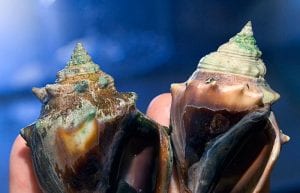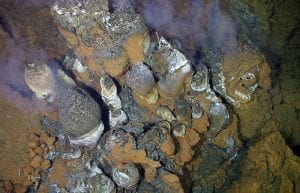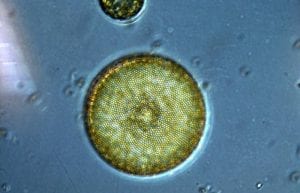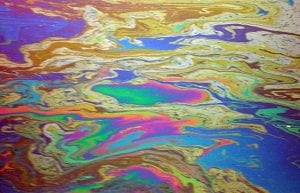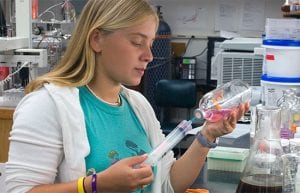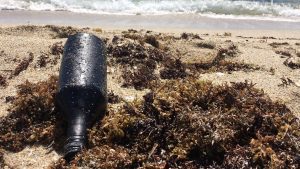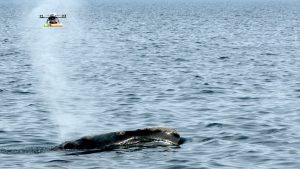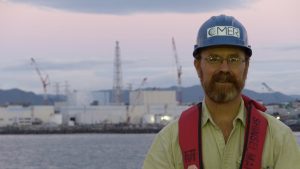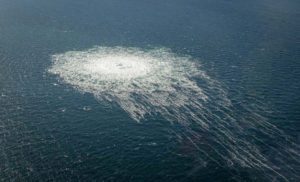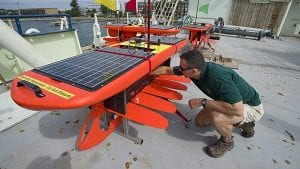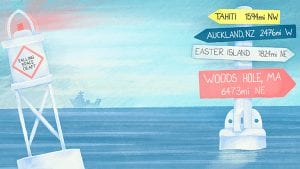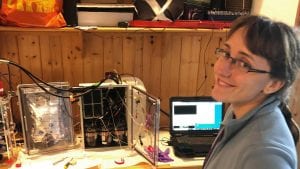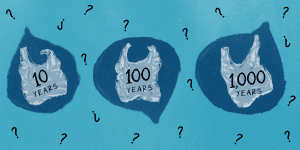Research Highlights
Oceanus Magazine
News Releases
Oil spill forensics reveal how plastic debris can carry petroleum pollution across entire ocean basins
A first of its kind study links drone-collected respiratory microbes with health assessments, offering hope for protecting vulnerable populations
The findings underscore the USS Arizona’s dual role as a solemn memorial and a “living laboratory.”
Buesseler joins a distinguished group of scientists, leaders and communicators recognized by AGU for advancing science.

